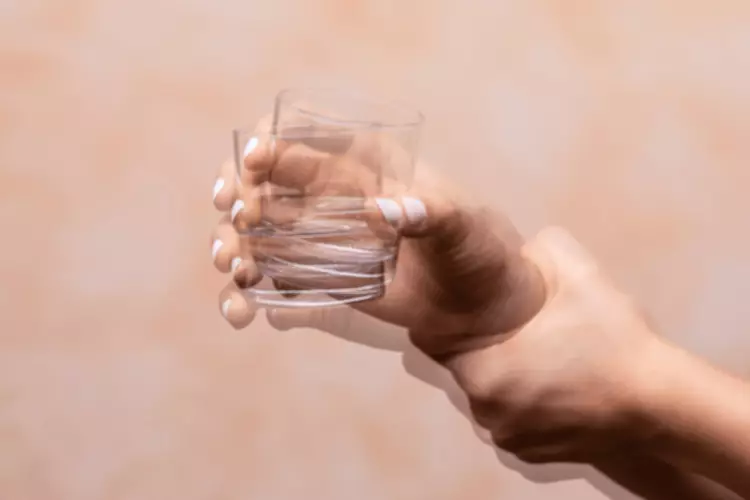
If you experience severe symptoms of alcohol allergy or intolerance it is important you limit or abstain from alcohol while you seek a diagnosis from your GP or allergy specialist. Self-diagnosis of alcohol intolerance or allergy is not advised. Instead, you what causes alcohol intolerance should seek help from an immunologist at a specialist allergy clinic. If any of these are positive, it would mean you have an allergy to alcohol. Alcohol intolerance is caused by a genetic condition in which the body can’t break down alcohol efficiently.
What to know about alcohol allergies
If The Recovery Village is not the right fit for you or your loved one, we will help refer you to a facility that is. Ask your doctor for more information about your diagnosis and treatment options. This test helps confirm a diagnosis by observing the skin’s reaction to direct contact with ethanol. But there aren’t any tests for sulfite or histamine sensitivity. The difference between the two has to do with how the body reacts to alcohol.

Microplastics in Alcohol: A Hidden Risk for ALDH2 Deficient Drinkers
- If you and alcohol don’t mix well, consider whether you’ve experienced the following alcohol intolerance symptoms.
- Anyone who experiences severe allergy symptoms after consuming alcohol needs to seek emergency care.
- They may also find that eating certain foods, taking supplements, or exercising may help with their reaction.
- This can result in an uncomfortable reaction with symptoms ranging from redness and itchiness, to a blocked nose and nausea.
- However, if you have a serious reaction or severe pain, see your doctor.
- Depending on the allergy severity, a person may treat symptoms with over-the-counter medications, such as oral antihistamines, if the reaction is mild.
With an intolerance, the symptoms are uncomfortable but not as serious. If these drinkers stop or reduce their alcohol consumption, this tolerance could be lost. If you have an alcohol intolerance (or a lowered tolerance) but are struggling to give up alcohol, get in touch with Ria Health for further advice and guidance. “Alcohol and sulphites tend to evaporate away during cooking, so the potential for intolerances is certainly reduced,” Dr Watts says. However, if you’re allergic to an ingredient found in certain alcoholic drinks, dishes which contain that drink are not safe to eat.
Alcohol Intolerance vs. Alcohol Allergy
- In rare cases, if untreated, an alcohol allergy can be life-threatening.
- Dr. Wakim is a board-certified psychiatrist with a passion for and expertise in addiction, mood disorders, trauma-related disorders and the subspecialty of interventional psychiatry.
- An inherited metabolic disorder means you got this condition from your parents — they each passed down a mutated (changed) gene that resulted in this disorder.
- People can develop an alcohol intolerance for a couple of reasons.
Doctors have found that a problem with ALDH2 (the enzyme that helps break down the byproduct of alcohol) is genetic. Therefore, it is likely that your family members are at risk for the same problem. The main risk https://ecosoberhouse.com/ factor for having a problem with ALDH2 is being of East Asian descent, especially Chinese, Korean or Japanese. Some people may even have reactions to grapes or corn used to make wine and distilled liquors.
Because the condition is inherited, there is no way to cure or treat it. Your healthcare provider can recommend ways to limit unpleasant symptoms. Alcohol intolerance is an immediate and unpleasant reaction to consuming alcohol. It typically occurs because the body lacks the ability to properly break down alcohol or one of its constituents. If you experience any of these symptoms after consuming alcohol, seek immediate medical care. If you have histamine intolerance, you may experience worse symptoms after consuming alcohol with a high histamine content.
The only way to treat alcohol intolerance is to avoid alcohol or, at the very least, limit alcohol consumption. Taking Pepcid before drinking is a popular strategy for preventing the alcohol flush reaction. The most effective treatment is not drinking alcohol at all, or drinking only occasionally and in small amounts. Avoid smoking and taking medication while drinking, as this can worsen alcohol intolerance symptoms. For anyone who drinks alcohol, staying hydrated can help reduce the negative effects. True alcohol allergy (versus an allergic reaction to ingredients in alcoholic drinks) is very rare.
Ohio Mental Health Statistics

